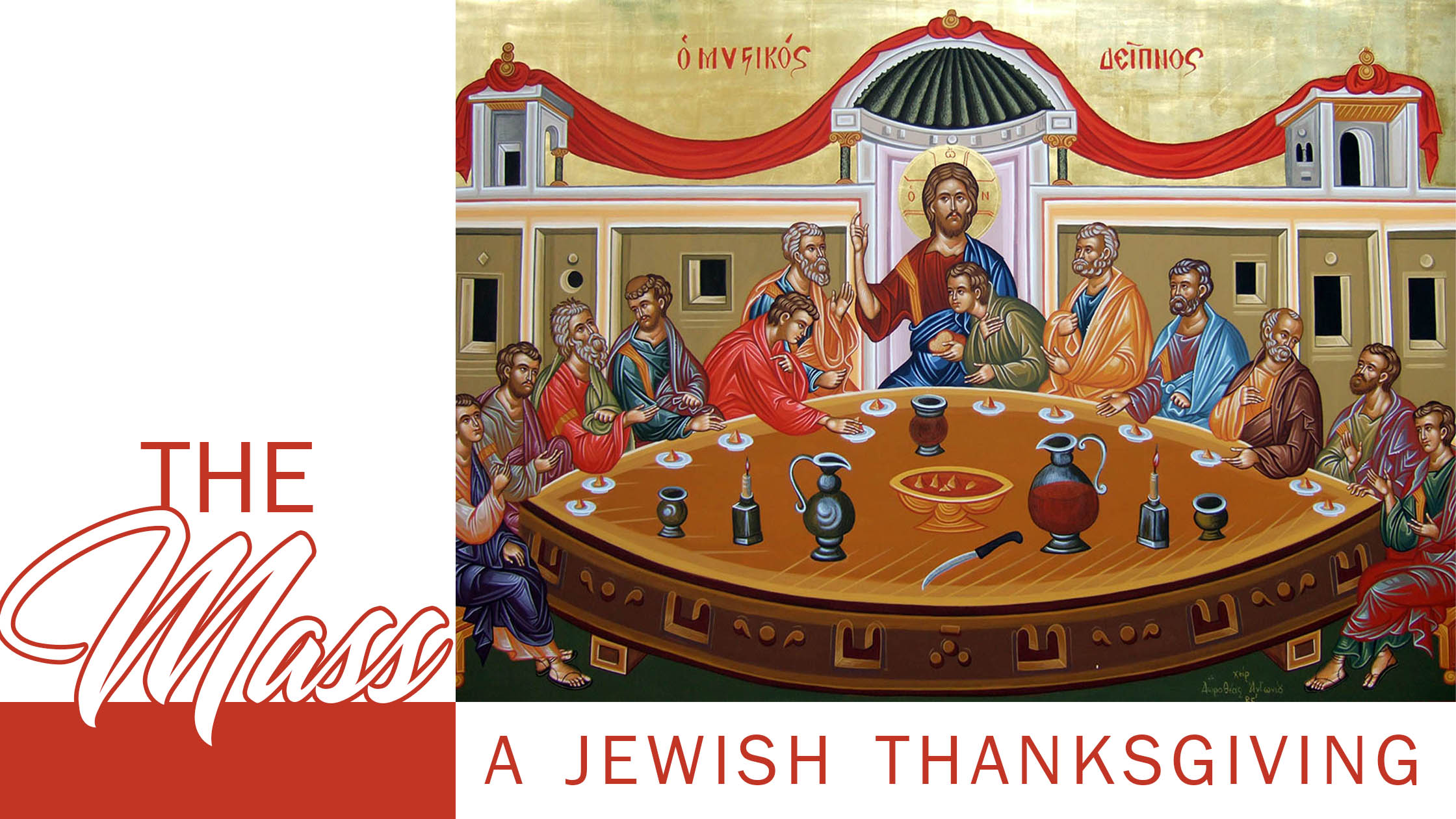
By Katie Patrizio
A quick survey of the Book of Leviticus quickly reminds us of the many sacrifices which occurred regularly in the Jewish Temple, the topic of which became the source of debate for Jewish rabbis. “When the Messiah comes,” the rabbis would ask, “will Temple sacrifice continue?” The rabbis came to an interesting conclusion: In the Messianic age all sacrifice will cease except one. The sacrifice that rabbis speculated would continue was one called the todah (תּוֹדָה) sacrifice, in Hebrew “thanks.”
The thank offering would remain, according to the rabbis, while the others would be dissolved because the other offerings atoned for sin. But when the Messiah comes, the Jews believed, he will deliver man from sin. Therefore, no further sin offering would be required. The todah, however, was not a sacrifice to atone for sin. It was a sacrifice of praise and thanks to the Lord offered in the Temple when that person offering it had been delivered from great evil by God. A pious Jew might find himself in trouble, for example, make an appeal to the Lord, and then promise to offer a todah sacrifice should he be saved.
(An interesting aside, the Book of Psalms contains several todah psalms – songs of praise which tell a story of deliverance. One of the most famous todah psalms is Psalm 22, the first words of which were famously uttered by Jesus on the Cross.)
So, while the Messiah would once and for all deliver us from sin, our need to praise God for this act would never cease. Hence, the rabbis taught that when the Messiah comes only one sacrifice would remain: the todah.
Fast forward thousands of years and we find that Temple sacrifice ceased not long after Our Lord’s death. Not only that but the Church that He established continues to offer a daily sacrifice, the Eucharist. This word eucharist comes from the Greek word eucharistia (εὐχαριστία) which translates a very particular Hebrew word: todah (תּוֹדָה). Indeed, the Messiah has come delivering us once and for all from our sin. Yet, we continue to praise Him daily with that ever-ancient, ever-new todah sacrifice: the Eucharist.
